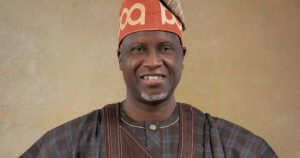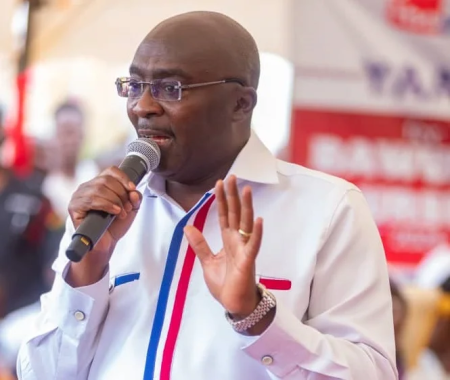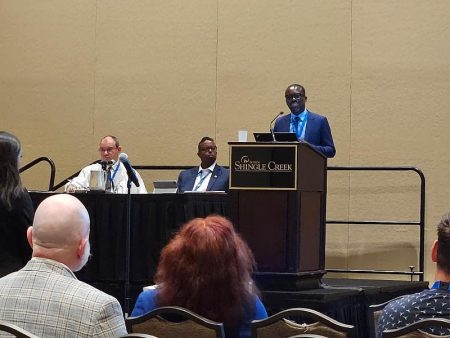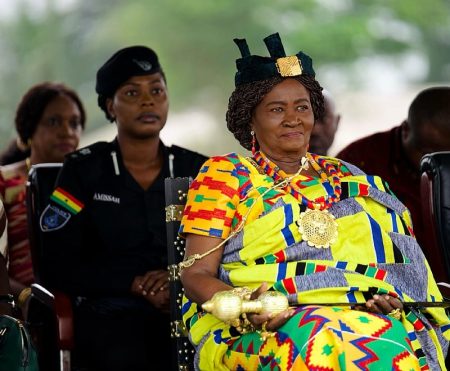In 2020, Ghanaian Afrobeat artist Mr Drew released “Eat,” a track featuring dancehall heavyweight Stonebwoy, which quickly gained traction but was soon embroiled in controversy. The song, which sampled Rotimi’s work, was flagged for copyright infringement and subsequently removed from major streaming platforms like YouTube. This incident sparked a flurry of criticism and put a strain on Mr Drew’s burgeoning career, forcing him to confront the complexities of music copyright and the ramifications of inadequate management. Looking back on the event, Mr Drew attributes the debacle to his former management team’s failure to secure the necessary clearances from Rotimi before releasing the song. This oversight, he maintains, was the root cause of the subsequent takedown and the ensuing negative publicity. He emphasizes that the song was intended as a cover, not a commercially exploitative venture, placing the blame squarely on mismanagement rather than intentional infringement.
The “Eat” controversy had a cascading effect, impacting not only Mr Drew’s reputation but also his relationship with Stonebwoy’s fervent fanbase, Bhim Nation. The incident inadvertently dragged Stonebwoy into the copyright dispute, leading to criticism directed at Mr Drew for jeopardizing the dancehall star’s image. The backlash from Bhim Nation underscored the interconnectedness of artists within the music industry and the potential for collaborative projects to have unforeseen consequences. To address the fallout, Mr Drew proactively sought to mend fences, meeting with Stonebwoy personally to clarify the situation and apologize for any unintended negative impact on his brand. He also extended a direct apology to Rotimi, acknowledging the infringement and expressing remorse for the oversight. This proactive approach to damage control demonstrated Mr Drew’s commitment to rectifying the situation and maintaining professional relationships within the industry.
While the “Eat” controversy undoubtedly presented a significant challenge for Mr Drew, he views the experience as a valuable, albeit difficult, lesson. He recognizes that the incident exposed him to the intricacies of intellectual property rights within the music industry and highlighted the critical importance of adhering to established procedures and protocols. The experience served as a stark reminder of the potential consequences of neglecting due diligence in clearing samples and securing appropriate rights, a lesson that has undoubtedly shaped his approach to subsequent musical endeavors. Rather than dwelling on the negative aspects of the controversy, Mr Drew has chosen to embrace the learning opportunity, using the experience to inform his future creative collaborations and reinforce his respect for industry standards.
The impact of the “Eat” saga extended beyond the immediate legal and reputational challenges. Mr Drew acknowledges that the controversy, despite its negative connotations, paradoxically contributed to raising his profile within the music scene. The widespread media coverage and discussions surrounding the incident inadvertently brought his name to a wider audience, albeit under unfavorable circumstances. This unintended consequence of the controversy speaks to the complex relationship between publicity, even negative publicity, and an artist’s visibility. While the incident was undoubtedly a setback, it also served as an unexpected catalyst for increasing his name recognition.
Looking ahead, Mr Drew approaches his career with a heightened awareness of the legal and ethical considerations surrounding music creation and collaboration. The “Eat” controversy served as a pivotal moment in his professional development, emphasizing the importance of meticulous attention to detail in all aspects of the music production process. This includes not only securing proper clearances for samples and collaborations but also the crucial role of effective management in navigating the complexities of the music business. The incident underscores the need for artists to surround themselves with competent and knowledgeable professionals who can guide them through the legal and logistical intricacies of the industry, protecting their interests and ensuring compliance with established regulations.
The “Eat” controversy ultimately became a defining moment in Mr Drew’s career trajectory, a learning experience that has shaped his understanding of the music industry and his approach to creative collaborations. While the incident presented immediate challenges and negative publicity, it also provided valuable insights into the complexities of copyright law, the importance of effective management, and the power of public perception. Mr Drew’s willingness to address the controversy head-on, take responsibility for his management’s oversight, and learn from the experience demonstrates a resilience and maturity that will undoubtedly serve him well as he continues to navigate the ever-evolving landscape of the music industry. He has transformed a potentially career-damaging event into a valuable lesson, reinforcing his commitment to respecting intellectual property rights and upholding the highest standards of professionalism in his future endeavors.














